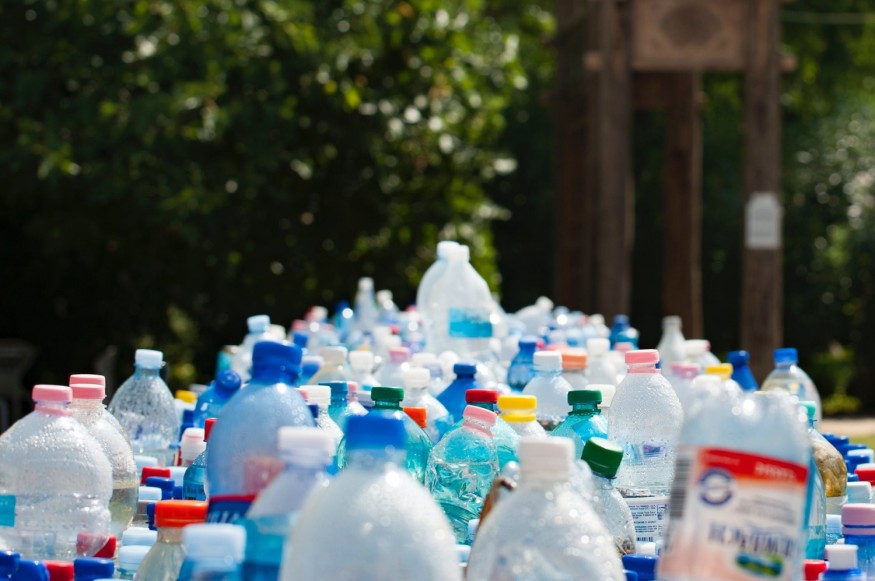
A certain type of fungi was found to be useful when it comes to addressing the long-time global problem of plastic pollution.
According to a report on Live Science, the wood-decaying fungi could actually bite on plastic, especially when their preferred logs and trees are not available.
Read Also : Plastic-Eating Enzyme Developed to Address the Planet's Growing Plastic Pollution Problem
Microbial biodegration of plastics
The study, published in Plos One, underscored that the accumulation of plastic waste is being considered as a severe global concern having no viable solution. However, experts found out that non-biological or biological degradation of polyethylene can help in mitigating the problem to some extent.
It noted that microbial biodegradation of plastics is a promising strategy "to depolymerize petroleum-based plastics into monomers or mineralize them into carbon dioxide, and water."
Researchers of the study then discovered the ability of fungi isolates to degrade wood. They made the assessment by determining the percentage of weight loss of the wood after incubating it with the fungal isolates.
Experts explained that as heterotrophic organisms, fungi are known to be well-adapted to degrade complex materials through the use of an array of versatile enzymes. They added that the fungi often display metabolic flexibilities.
"We report that fungi isolated from decaying hardwood, particularly from decay-resistant hardwood, are capable of deteriorating LDPE sheets. Deterioration was confirmed by direct or indirect means such as weight loss, reduction in tensile properties, reduction in hydrophobicity, changes in active groups in FTIR analysis, and SEM observations," the study found out.
Plant Pathology Professor Renuka Attanayake pointed out that if these fungi can actually decay some decay-resistant hardwoods, they also have the capability to decay some other polymers as well, such as polyethylene or plastics.
The method used by the experts was that they isolated 50 fungal samples from decaying hardwoods that were found in the Dimbulagala dry zone forest reserve located in central Sri Lanka.
The next step was that they divided the samples into two main experimental conditions: a dish with low-density polyethylene, which is a type of plastic, and a dish with both the plastic and wood.
After 45 days, it was concluded that the fungi consistently preferred wood to plastic, but in both experimental setups, specifically the dish with just plastic, the fungi was able to break down the polyethylene.
Scientists, however, do not know yet how the chemical pathways in the fungi change whenever they chew on the polyethylene or the plastics.
Addressing plastic pollution
This latest discovery could help in solving the dilemma about plastic pollution.
This could aid scientists in seeing how wood-decaying fungi fare in different conditions, such as landfills, and if whether they could be considered as a threat to native trees.
"Under restricted conditions we may be able to utilize this thing one day, but a lot more research has to be done before that," Attanayake said in the Live Science report.
An entry posted in the University of Sydney stated that it has been estimated that 109 million tons of plastic pollution have accumulated in the world's rivers and 30 million tons are in the world's oceans.
Related Article : About 200 Million People Under Flooding Threat Due to Plastic Pollution, New Research Warns
Related Video:
© 2025 NatureWorldNews.com All rights reserved. Do not reproduce without permission.

